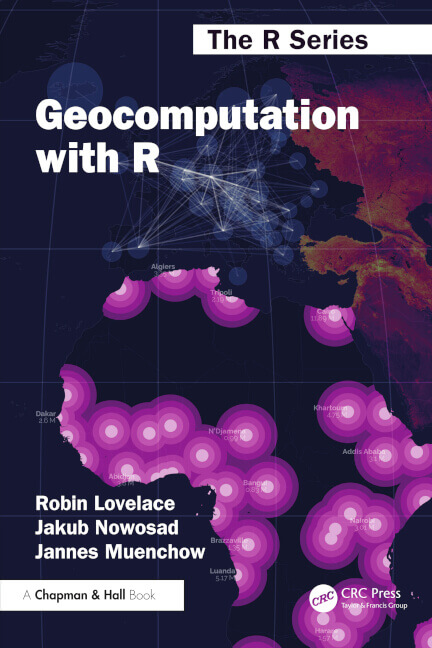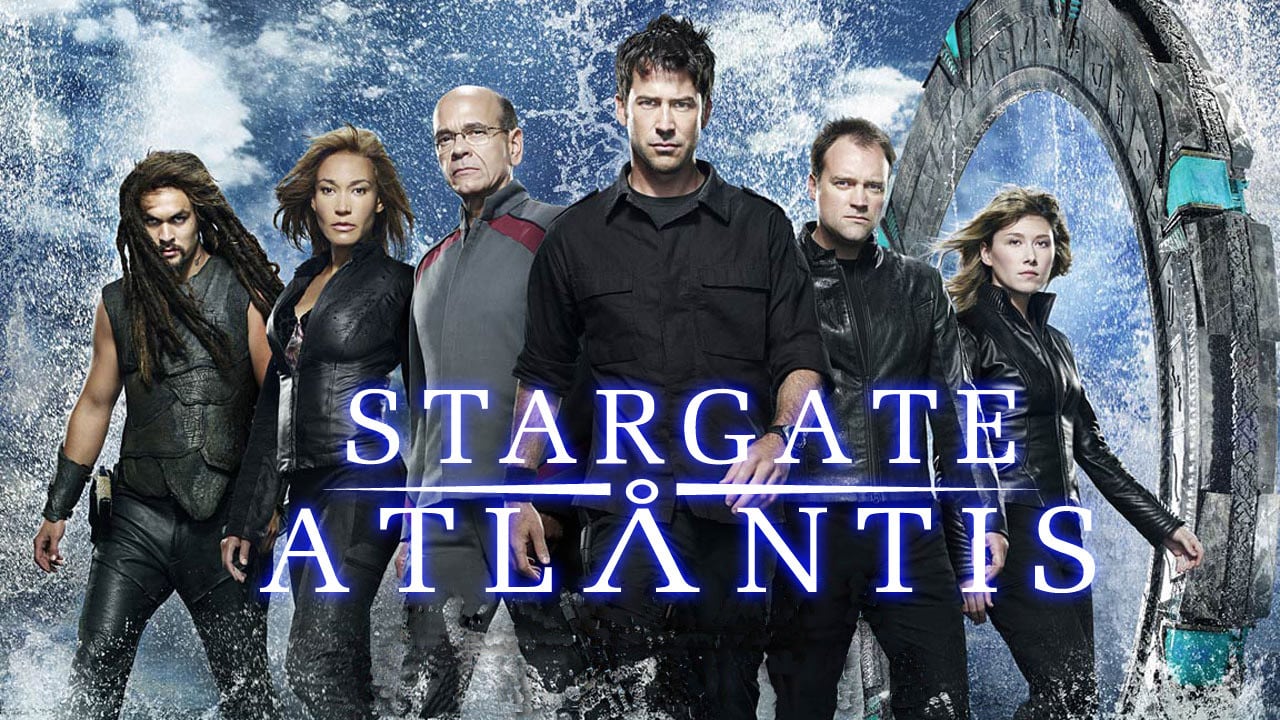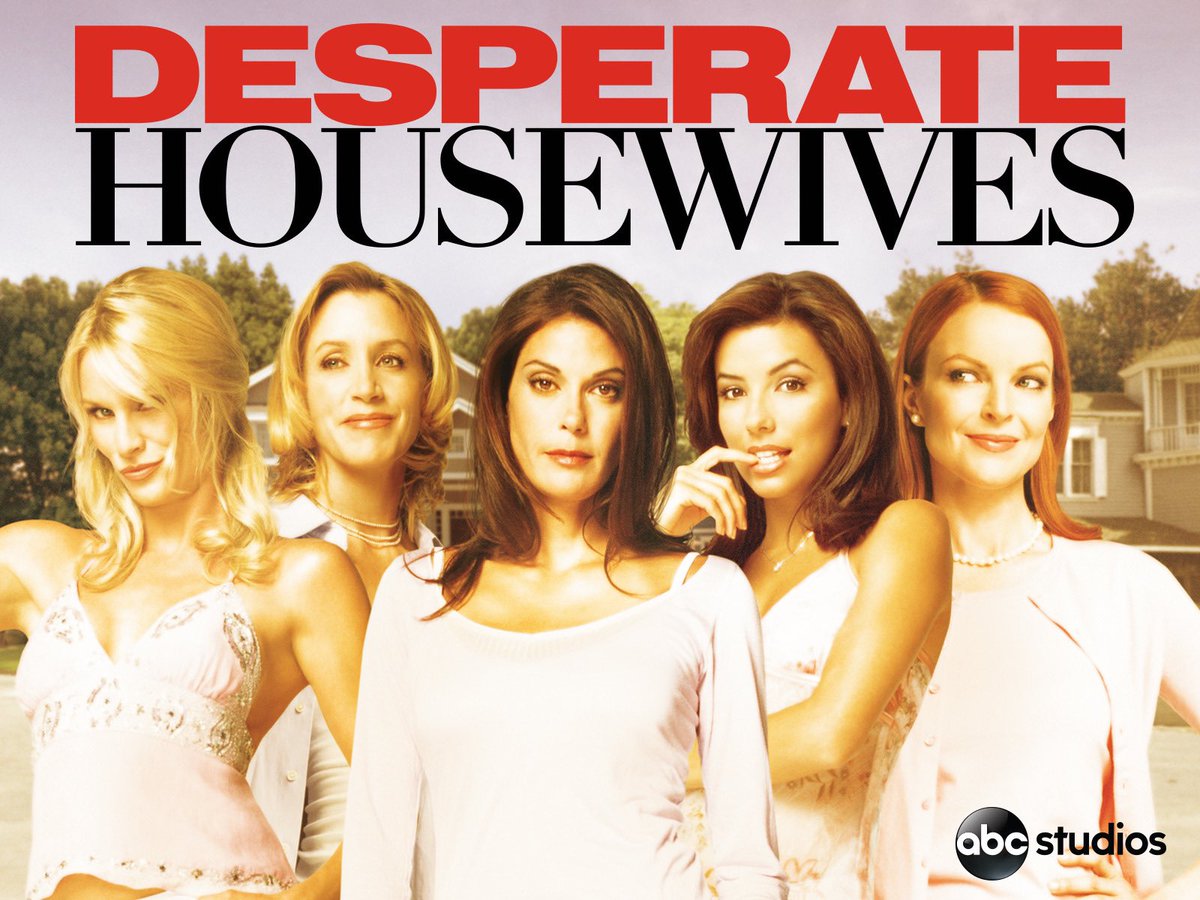
Chet Gottfried got in touch after he read Yet more lying necks: Backwards Birds edition, nearly two months ago now, with some more of his photos. Here they are, with his permission: What’s going on here? As I wrote the Chet, “Interesting that this degree of twisting is common in raptors.








